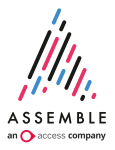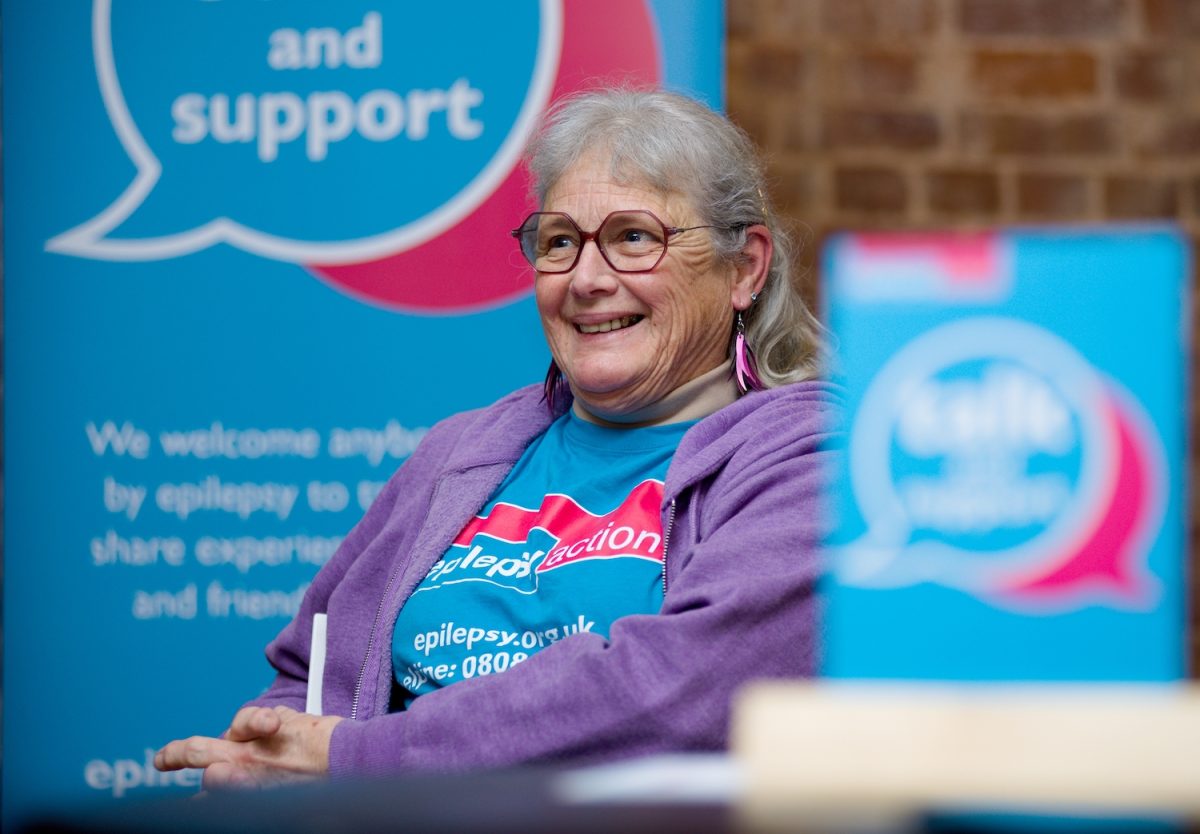Whatever the product or service – retailer, restauranteur or SaaS provider – delivering a consistent and authentic experience is what keeps consumers coming back. Have you ever wondered why it is that you love how your local cafe churns out the same silky oat flat white every time? It’s every carefully considered element of that process that works for you….the same great taste, from the same coffee bean, frothed with your favourite oak milk and served with a smile. This isn’t by accident!
So how can we apply this to volunteer management software? If success is built upon aligning a service and experience with the expectations of customers, then the first step for Assemble is to truly understand the volunteer journey and what organisations need and want to succeed. Our processes, features and user experience are all anchored around the journey of volunteer recruitment, engagement and measuring impact with the goal to make managing volunteers simple and consistent across organisations.
Good process and consistency also encourages transparency between volunteer teams, who can collaborate and communicate effectively within one unified system. Our advanced functionality and workflows enable organisations to be more efficient, productive and accurate when measuring results.

We recently had the pleasure of speaking with Kathryn Hughes a Volunteer Programme Manager at Epilepsy Action. Along with talking volunteer engagement and impact, Kathryn discusses her role and drills down on the importance of a consistent volunteer journey for organisations like hers.
Tell us a bit about your role at Epilepsy Action?
I’m the volunteer programme manager here at Epilepsy Action. I lead and manage the volunteering programme across the whole organisation. That includes developing the volunteer strategy, the volunteer policies, handbooks and procedures and making sure we have a consistent approach to volunteering across the whole organisation.
What do volunteers mean to Epilepsy Action?
Everything. Volunteers are vital to the work that we do. They enable us to deliver more services across the whole of the UK and support more people living with epilepsy across the country.
Our volunteers run face to face and virtual groups as well as befriending services. They help raise awareness by campaigning for change and sharing their stories to provide important feedback for us that is easily accessible to read and share.
They also provide insight and guidance on the information we provide and guide our research based on their lived experiences with epilepsy so we can campaign to improve the healthcare system.
Volunteers help at fundraising events and conferences and other kind of events that we support, and they help raise vital funds for us – so we wouldn’t be here without them.

What is the volunteer journey and what does it mean to you as a volunteer manager?
The volunteer journey basically covers everything. The full life cycle of a volunteer’s experience with us, from the point at which they click submit on that application form and decide to volunteer for us, all the way through to when the time comes to them ending that relationship and moving on, making sure that the relationship ends in a positive way.
We want it to be an inclusive experience for everyone, so that volunteers enjoy their role, they feel like part of us and part of the organisation. It’s important that volunteers feel supported and valued at all times. We want them to feel connected to us and able to grow, develop and share their experiences and provide feedback to us, so we can continue to improve and scale our volunteering programme.
How important is process to the volunteer journey in terms of efficiencies for your team?
Clear process not only brings consistency, but it improves efficiencies.
When you’re recruiting for volunteers, it can be quite time intensive. For example, ensuring personal data is collected and stored in a compliant way, sending out for references, carrying out DBS checks etc. If you don’t have a good process and a good system to do that, it can present challenges.
In addition to this, it is important to have ongoing support systems in place to make sure that that volunteer engagement continues on a regular basis and processes to enable us to monitor, check and keep track of that.
Recognising the good work volunteers do is so important. Being able to give timely recognition and valuing volunteers can be hard if you haven’t got a clear system for measuring and monitoring impact and feeding this back to people.
How important is volunteer engagement to the volunteer journey?
It’s really important. We want volunteers to feel like they’re part of us, part of our organisation. We like giving them insights and sneak peeks to things, so they see or know something’s going to happen before the rest of the public do. We want volunteers to feel special – and we want them to have a special and unique experience with us.
For example, we want to let volunteers know about any new campaigns or services in advance. We can encourage them to spread the word within their own community or on their social media channels. Then we provide updates on what the impact of that campaign or service has been, thanking them for their help to raise awareness and they really feel like part of that entire journey.
We have regular volunteer meet ups as well, where we enable the volunteers to get together in a virtual environment because it’s much easier to do that nowadays, especially when we have remote volunteers all across the UK. We want volunteers to share their experiences, best practice and new ways of working and that’s really positive and valuable to be able to do that.
So yes, we’re always looking at different ways we can engage with volunteers to make sure we’re offering opportunities to develop, provide support, training and feedback as required.
Ultimately, people need different things at different times throughout their volunteering journey, so it’s about being flexible and adaptable to that and being responsive to what they need.

How are you measuring impact at the moment?
Measuring impact in the past was quite hard. Volunteers were managed by different people across different departments and there wasn’t a consistent kind of way of measuring that. It would be based on a loose calculation around how much time people were giving, rather than necessarily measuring impact.
With Assemble, we can get more consistent and accurate data on the amount of time. But more importantly, we’re looking at other ways of measuring impact. For example, how many people have volunteers supported, whether that be a group or at an event – those kind of things. We can also look at how much money has been raised. We can also give rewards and recognition for all of that hard work as it’s easier to see which volunteers have been most active.
But for us, it’s so important to get the stories. After each activity we ask how our volunteers feel it has gone and whether we can improve their volunteering experience. We also ask what impact they’ve had or seen with the people they’ve been supporting during that activity as well. This all means we can learn from their experiences and improve our services and our service delivery with a more consistent measurement of impact across the entire organisation.
How are you currently improving the volunteer journey with Assemble?
One of the main things Assemble has done, is make our volunteering much more transparent. Volunteers can log onto the software themselves and see their own information, update their own profile, access resources and documents as they need them. That ability to be able to self-serve is a real positive and a real selling point for the volunteers.
With Assemble, volunteers can also connect to other volunteers in a safe way, meaning they can engage with each other without sharing any of their personal information. This helps build more of a community of volunteers across the organisation and across the UK, regardless of what role they’re in.
Assemble makes it a lot easier for us to be able to promote things that are going on. If we’ve got events, activities or tasks we want people to do, we can promote these and make sure everybody has an equal opportunity to participate, rather than always going to the same people each time. Everybody gets that equal opportunity because they see it posted on the system and can self assign if they are available.
It is a big reduction in admin – in terms of managing volunteers – and that enables us to free up that staff time to be able to better support those volunteers and to better improve our services that we’re delivering. So that has been internally for us a huge advantage of using Assemble.
It’s also so much easier for us to give recognition and to be able to log and record training that the volunteers have completed. We are integrated with our Charity Learning Consortium, so volunteers can go across to that, complete their training and it automatically updates the system. It’s a really smooth transition and smooth process for the volunteers and it’s still early days.
Then Vs Now
In the past volunteers were managed by different departments who each had their own way of supporting volunteers and although there was a lot of good practises in there, it wasn’t consistent across the organisation. We want to make sure when somebody volunteers with us, they get the same experience, the same opportunity for training, the same recognition regardless of what role they’re in.
Want to learn more? Request a demo today.


